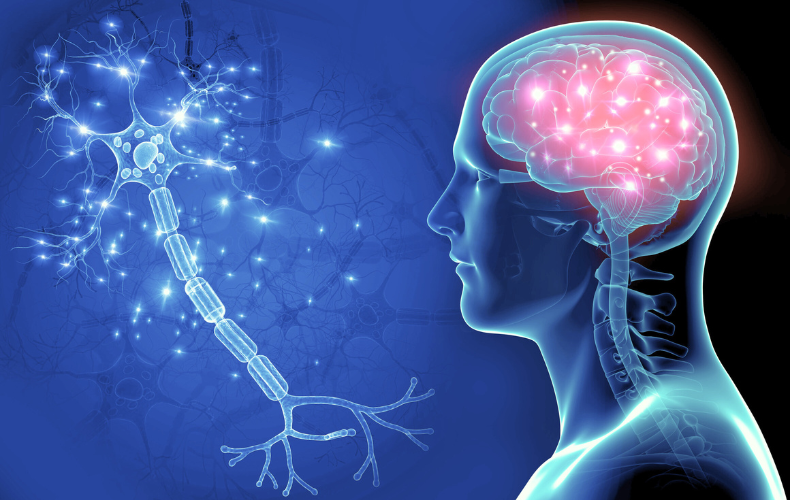
Neurological disorders pose significant challenges in medical science, impacting the lives of millions worldwide. However, recent advancements in regenerative medicine have unveiled the tremendous potential of cord blood stem cells for neurological disorders.
Cord blood, obtained from the umbilical cord after childbirth, is a rich source of stem cells, including hematopoietic stem cells (HSCs) and mesenchymal stem cells (MSCs). These cells possess remarkable regenerative properties and the ability to differentiate into different cell types, making them invaluable in the treatment of neurological disorders.
The Potential of Cord Blood Stem Cells for Neurological Disorders
Regenerating Neural Tissues
Cord blood stem cells have shown promise in regenerating neural tissues and restoring neuronal function. Studies have demonstrated that these stem cells can differentiate into neurons, astrocytes, and oligodendrocytes, essential components of the central nervous system. By transplanting cord blood stem cells into damaged areas of the brain or spinal cord, researchers aim to replace lost or damaged neurons, potentially leading to functional recovery.
Cerebral Palsy and Cord Blood Stem Cells
Cerebral palsy (CP) is a group of motor disorders caused by brain damage during early development. Clinical trials utilizing cord blood stem cells for CP have shown encouraging results. Transplanting cord blood stem cells into children with CP has demonstrated improvements in motor function, muscle tone, and cognitive abilities. Ongoing research aims to optimize cell dosage and transplantation techniques to further enhance outcomes.
Potential for Autism Spectrum Disorders (ASD)
Autism spectrum disorders, characterized by difficulties in social interaction and communication, affect a significant number of individuals worldwide. Preliminary studies exploring the use of cord blood stem cells in ASD have shown promising results. Transplantation of cord blood stem cells in children with ASD has demonstrated improvements in behavior, communication skills, and cognitive function. However, further research is needed to establish the optimal protocols and mechanisms of action.
Stroke and Neurodegenerative Disorders
Cord blood stem cells hold promise in the treatment of stroke and neurodegenerative disorders, such as Alzheimer’s and Parkinson’s diseases. Preclinical studies have revealed that cord blood stem cell transplantation can enhance neurovascular remodeling, reduce inflammation, and promote functional recovery after stroke. In neurodegenerative disorders, cord blood stem cells offer potential neuroprotective effects and support neuronal survival, offering hope for disease management and slowing disease progression.
Clinical Trials and Future Directions
Numerous clinical trials are underway to further explore the therapeutic potential of cord blood stem cells for neurological disorders. These trials are investigating optimal dosage, delivery methods, and long-term effects of cord blood stem cell transplantation. Additionally, researchers are working on improving techniques for cell differentiation, engraftment, and integration into neural circuits.
Cord blood stem cells hold immense promise in the treatment of neurological disorders, offering potential avenues for regeneration, functional recovery, and disease management. From cerebral palsy to autism spectrum disorders, stroke, and neurodegenerative diseases, recent breakthroughs in research and clinical trials showcase the transformative potential of cord blood stem cells. As our understanding deepens and technology advances, the future holds great promise for harnessing the power of these cells to revolutionize the field of neurology and improve the lives of individuals affected by neurological disorders.
References
- Sun JM, et al. Stem cell therapies for neurological disorders. J Neuroimmunol. 2020;349:577421.
- Kurtzberg J. Update on umbilical cord blood transplantation. Curr Opin Pediatr. 2019;31(1):22-29.
- Liang J, et al. Therapeutic potential and challenges of cord blood transplantation for treatment of autism spectrum disorders. Front Immunol. 2021;12:618753.
- Savitz SI, et al. Cell therapies for stroke. Neurotherapeutics. 2016;13(2):369-381.
- Venkataramana NK, et al. Cell therapy for Parkinson’s disease: A journey from hope to reality. Neurology. 2018;91(3):129-139.
- Carroll JE, et al. Umbilical cord blood cells for treatment of cerebral palsy; timing and treatment options. Pediatr Res. 2020;87(2):327-337.

